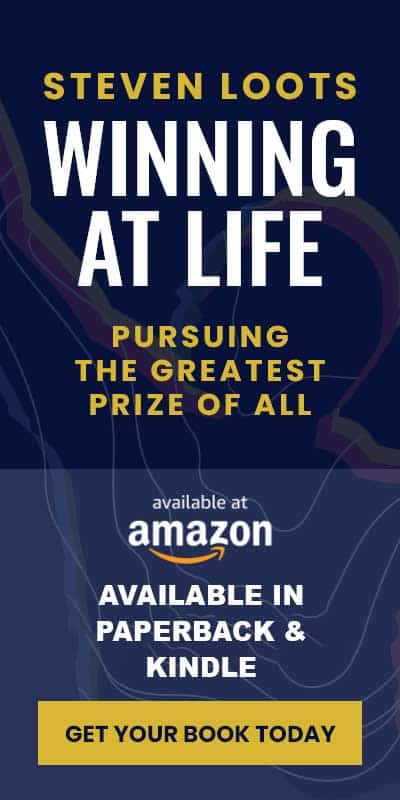Solomon evaluates his pursuit of wisdom and knowledge, concluding it is futile. He moves to explore madness and folly, but they are futile as well. He discovers that more wisdom means a greater awareness of the futility of seeking knowledge.
I said to myself could be more literally translated as “I spoke with my mind.” We might say, “I reasoned.” Solomon observed that he had magnified and increased wisdom more than all who were over Jerusalem prior to his reign. He further mused that his mind had observed a wealth of wisdom and knowledge. Since Solomon had such great faculties of wisdom, and had already amassed great resources of knowledge, he set himself to know wisdom as well as to know madness and folly.
Beginning with the wisdom given him by God, Solomon set his mind to the task of determining whether wisdom compared to its opposite, madness and folly, might give a key to understanding God’s world. But that did not provide an answer. The result was futility. It was striving after wind. Wisdom is valuable, but does not lead to comprehensive understanding.
Solomon set his mind to seek and explore by wisdom concerning the work that is done on earth. But he also has set his mind to know madness and folly, something new in the investigation. Folly is a contrast to wisdom, something Solomon will continue to underline throughout the book. Since he has run wisdom to the end of its course, he then explores madness and folly. If wisdom does not seem to provide clear answers, his quest must inevitably take him to explore the other realities of life.
The whole book of Proverbs, much of which was authored by Solomon, is based on the premise that the “naïve youth” can become wise by listening to the instruction of wisdom instead of defaulting into the destructive experience of folly. Since Solomon is claiming in clear terms to write from the standpoint of wisdom, he can’t be saying there is no difference between wisdom and folly. More likely Solomon is giving us two opposites to convey the entirety of human understanding. And nothing within the entirety of human reason can explain the purpose for humanity on the earth. It is futile to try. Solomon knows, because he tried.
Ecclesiastes gives us the benefit of realizing that if Solomon couldn’t do it, then it can’t be done. Which saves us the futility of having to do it ourselves. However, it seems all of us try anyway. But if we compare the experience we have with Solomon’s insights, we can skip ahead to the conclusion, and save ourselves from striving after the wind. As we increase wisdom we will also increase grief. And increasing knowledge results in increasing pain. It seems the main thing wisdom brings is a greater awareness of the futility of striving to know and understand life’s purpose based on human reason and experience.
Biblical Text
16 I said to myself, “Behold, I have magnified and increased wisdom more than all who were over Jerusalem before me; and my mind has observed a wealth of wisdom and knowledge.” 17 And I set my mind to know wisdom and to know madness and folly; I realized that this also is striving after wind. 18 Because in much wisdom there is much grief, and increasing knowledge results in increasing pain.
Check out our other commentaries:
-
Deuteronomy 4:41-43 meaning
After Israel’s conquest across the Jordan to the east, Moses sets apart three cities there to provide asylum for unintentional homicide....... -
Acts 1:21-26 meaning
Peter states the qualifications for Judas’ replacement: he must be someone who followed Jesus from His baptism until His return to Heaven. Two men are...... -
Daniel 7:27-28 meaning
After destroying the boastful horn, God will give rulership to the Son of Man and His people forever....... -
Exodus 21:2-11 meaning
The first section of the Book of the Covenant concerns how male and female servants (or slaves) were to be treated....... -
Romans 2:25-27 meaning
Just and righteous living comes through living by faith. The Jewish people, who break the law and are circumcised, are the same as those who......




